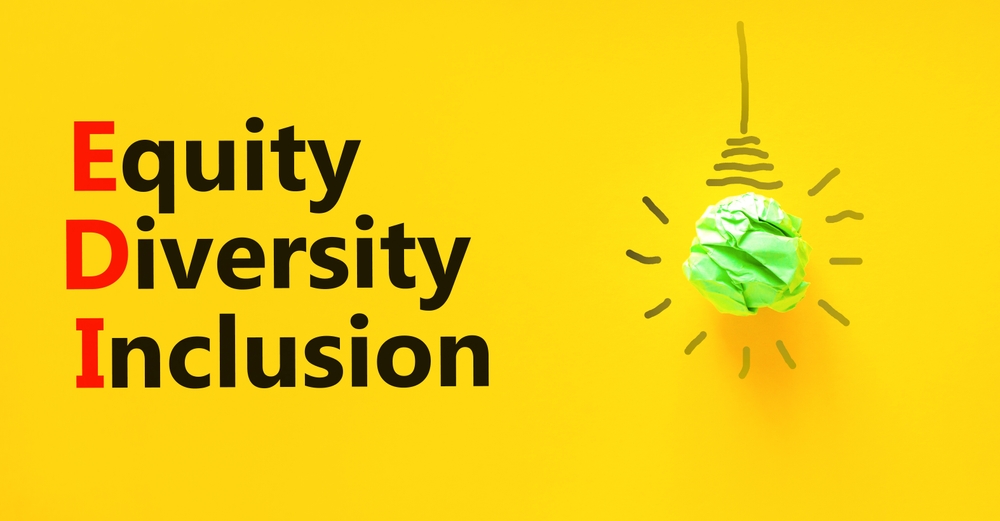Breaking barriers: furthering Equity, Diversity and Inclusion in workplace and facilities management
News
- EDI
10 July 2024

There have been some major recent events in the calendar, like Autistic Pride Day (18 June), International Women in Engineering Day (23 June) and LGBTQ+ Pride (1-30 June). You may ask: “why are these important?” These events allow us to learn more, recognise and celebrate different communities and, crucially, reflect on progress. How far have we come and where are we going? Are we bringing about positive, ongoing change? How do we determine this?
As a member of IWFM’s EDI Focus Group, these are central concerns and they matter because, while workplace and facilities management (WFM) is increasingly diverse, this is not reflected throughout. To bring out the best of everyone’s potential, foster supportive environments and ultimately enhance our sector, we must keep a keen eye on equity, diversity and inclusion.
However, what do these terms mean? Equity extends the concept of equality to include the provision of varying levels of support based on individuals’ specific needs to achieve fairness of treatment and equal opportunity of access. Achieving equality requires the application of policies which ensure equity. During the first ever EDI Focus Group meeting, it was decided that the ‘E’ should stand for equity, rather than equality, because it takes account of individual needs, rather than measuring out ‘equal’ support, which may not actually achieve much difference or provide access of opportunity.
Diversity is recognising and respecting all the visible and invisible differences between people. This could be in relation to a protected characteristic or something else such as socio-economic background, working pattern, cognitive diversity, or caring responsibilities.
Inclusion is where people’s differences are valued and respected, enabling everyone to thrive at work. Without inclusion, the benefits of diversity (such as increased creativity, innovation and problem solving) cannot be realised.
In IWFM, our approach to developing and embedding EDI culture, practices and policies is based on four pillars: governance and leadership, HR and our people, our membership and the profession. We have recently updated our public policy statement following the publication of the Young Foundation Report ‘Beyond Buzzwords’, which outlines some very specific recommendations to professional bodies, employers and individual practitioners about driving EDI. You can read more about it here.
While we’re dedicated to our agenda, it’s only through collaboration we bring about lasting change.
Chris Barnes
Account Director, Pareto FM
